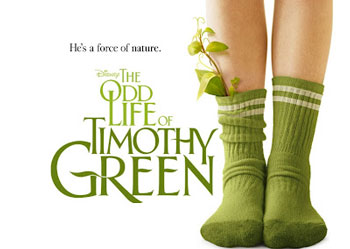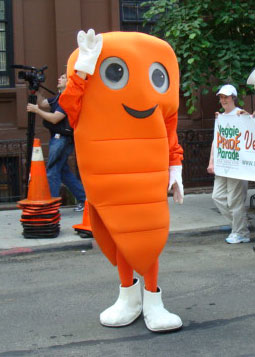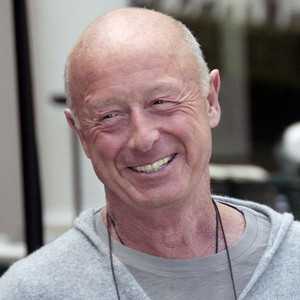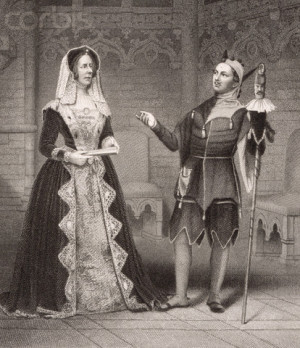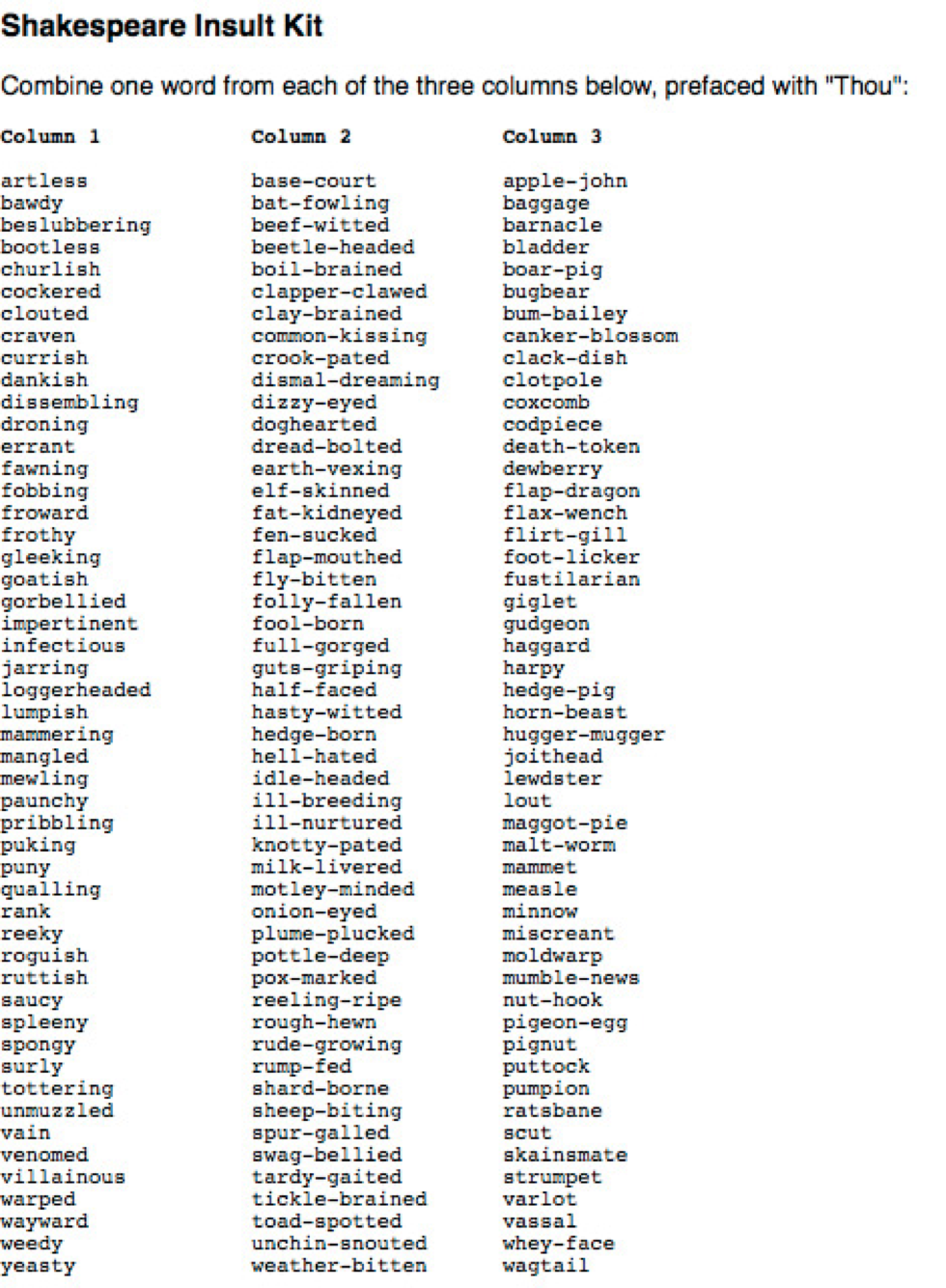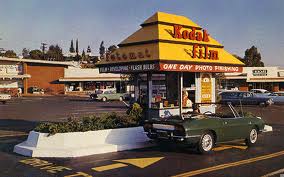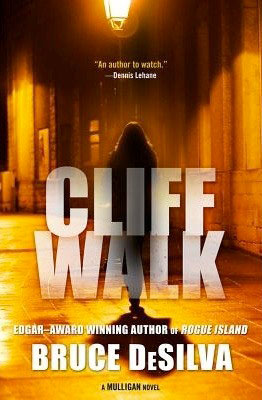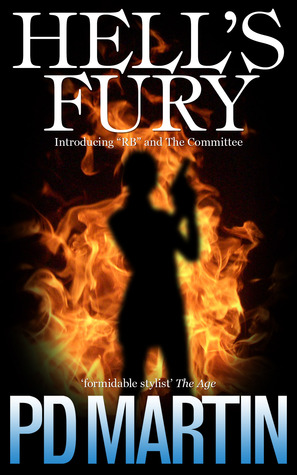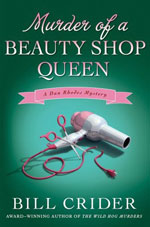So the very good news is that the rise of e publishing has made it much easier and more viable for an author to make a real living. In fact I was on a panel last week at the RWAustralia convention during which the very well-prepared moderator rattled off some e pub statistics, and apparently traditionally published authors who e publish are currently making TWICE the money at e publishing than they did in traditional publishing. My own experience says that estimate is low. Very low.
The downside is that actually making that living is a 24/7 commitment.
Not that this is a new wrinkle, mind you. My Australian vacation (um, make that WORK vacation!) is the first time off I’ve had from writing in years, and I was still on the computer every day doing various and sundry promotion. I’ve always been pretty 24/7 about promotion.
But now, with my e books, I don’t even have the ILLUSION (and yes, it was mostly an illusion) that any publisher is doing the work for me. It’s all me.
So the question is, what to do that actually works?
Hah. As if anyone knows!
But here are a couple of promotional ventures I’m involved in right now that are typical author promotions.
1. The Killer Thrillers! author collective.
2. The Labor of Love event promotion this Labor Day weekend
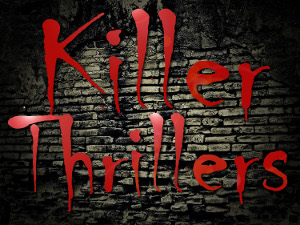
One of the huge problems of e publishing from a quality perspective is that in this brave new world of self publishing, “gatekeepers” have essentially been eliminated. Agents and publishers are no longer filtering books before they’re put before the public. While there’s an argument that that’s a good thing, I know from my years as a reader for film production companies how very much absolute dreck is screened out by early readers: agents, editorial assistants, editors – and when I say dreck I mean scripts and books that should never have been read by another soul besides the purported author.
I’m all for readers being allowed to discover books on their own, and it is true that the actual purchase or publication of a script or book is subject to personal taste, the specific needs of a publishing house or line, and the vagaries of the market. But those screeners also kept some seriously awful material from ever seeing the light of day.
So now that anyone who can figure out the e publishing platform can upload virtually anything to Kindle, Pubit, Kobo and Smashwords, where’s the quality control? You can argue that the readers are their own quality control now, but seriously – the vast number of books – and especially free books – on offer has made sorting through the dreck that’s out there (and oh yes, the dreck is out there) a time-consuming proposition for a reader.
Personally, I WANT some screening. But where is that going to come from?
While literary agencies are a logical entity for promotion of quality authors and books, they seem so far reluctant to set themselves up as publishers or storefronts for their clients. And since agencies are not performing this function, I have thought for some time that authors should be banding together to support and promote their own books, and there are more and more of these author collectives springing up (not surprisingly the majority are romance authors). I’ve been asked to join various author collectives but have so far been wary about committing because I haven’t heard of or more importantly read most of the authors involved. I can’t in good conscience post about other authors’ books on Facebook and Twitter and on this blog and my own when I haven’t actually read the goods. I think we all have a responsibility not to waste other people’s time by randomly promoting mediocre books and leaving readers to find for themselves that those books were better avoided.
So so far my only choices have been to form a collective of authors I admire myself, or wait for someone like-minded to do it. And luckily for me, thriller author Karen Dionne has done exactly that. Karen is a bestselling author and organizer extraordinaire: the founder of the writers forum Backspace and the Backspace Writers Conference. For Killer Thrillers she’s put together a group of thriller authors I would have approached myself: some friends and blogmates you’ll recognize from Murderati: Rob Gregory Browne, Brett Battles and Zoe Sharp, and other authors I know and love like David Morrell, Blake Crouch, CJ Lyons, Keith Raffel – all authors I have read and can recommend without reservation.
All Killer Thrillers authors are bestselling, award-winning and/or internationally published; almost all are traditionally published as well as e published. Those qualifications do not guarantee that a particular reader will love all or any of the books offered, but they do say that a significant number of readers have found the books worth reading. And most of the authors involved know each other from Bouchercon and Thrillerfest, MWA and ITW and Sisters in crime, and can promote each other without the slightest hesitation.
In essence authors are banding together to establish their own publishing imprints, just as publishers do. We are creating an umbrella organization that guarantees a certain genre and a certain quality of work. How effective these collectives are going to be in the Wild West of e publishing is an open question, but Killer Thrillers is a brand I can put my energy into building with real enthusiasm. I hope you’ll check out the site and the books today, and if you see anything you like, tell your friends.
Labor of Love 99 cent book promo
The second promo venture I want to mention today is another fast-growing approach: group sales events, in which a group of authors join forces and drop prices on their books for a limited time, then cross-promote the event. I’ve been watching other authors do this extremely effectively; the point is that all authors have built up a following of thousands on Facebook and Twitter, and by teaming up with other authors you are able to reach a whole new group of literally thousands of readers through other authors’ FB and Twitter followers and general buzz about the event.
My friend (and Aussie travel companion!) bestselling romantic comedy author Elle Lothlorian organized the Labor of Love Promo, a four-day Labor Day weekend blitz involving 17 authors from all different genres who have all dropped the price on one of their books to 99 cents for the long weekend. We’re all blogging, Tweeting, and FBing about the event, and anyone who wants to browse the list can pick up any or all of the books for the 99 cent price for the whole weekend.
I’m offering up my parapsychology thriller The Unseen…
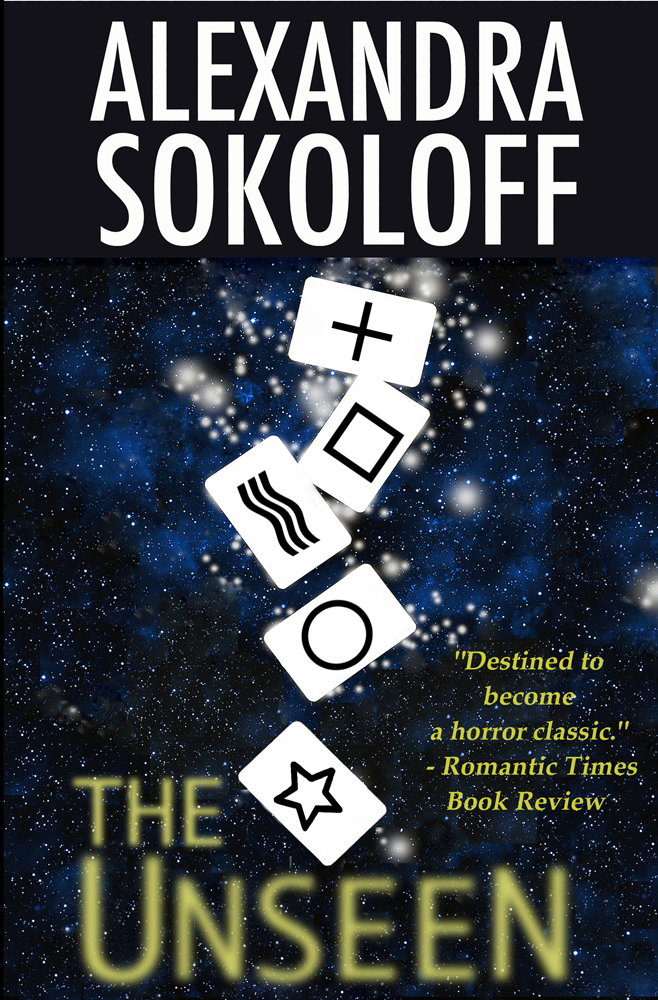
And here’s a link to a list of all the books available, with links through to buy. So browse away and catch some deals!
And today, if there’s anyone NOT on vacation, I’d love to talk about book screening.
Readers, how do you find your books these days? Have you seen other effective methods of quality control and promotion?
And writers… especially aspiring writers… are you prepared for the grueling job that promotion is? Do you kind of see how important it is to make it fun and social and collective, so as not to go completely insane?
And I’d just love to hear what everyone is doing for the long weekend. Hope everyone has fabulous plans!
See you back here in the – yike – fall!
– Alex


